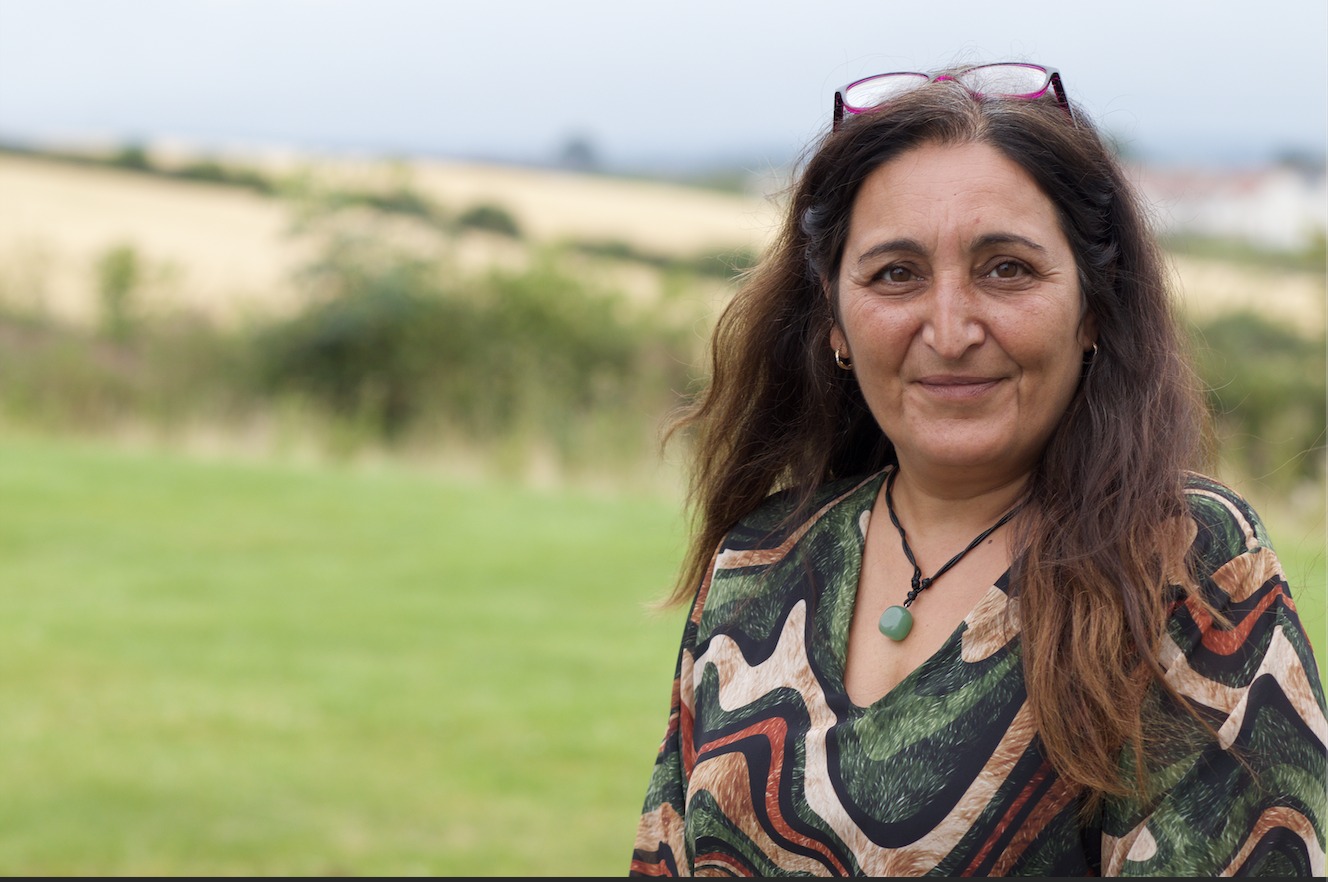I've been bereaved by suicide
You do not have to struggle on your own after a suicide. Support is available that can help ease the pain you are going through.
I need help now
I’ve been bereaved by suicide
Losing someone to suicide turns your whole world upside down, something Seonaid (left) experienced.
If someone you know has died by suicide, feelings of shock, disbelief, anger, anxiety, numbness, guilt, isolation and hopelessness are all common.
There is no right or wrong way to feel and no time limit on difficult feelings. Talking about how you feel and getting support can help you find a way through.
Making sense of it all
We know that 10% of people bereaved by suicide may go on to make an attempt on their own life. This alone shows how important it is to look after yourself if you have been bereaved by suicide. If you are feeling suicidal please speak to someone.
Many people try to look for what went wrong or who is to blame after a suicide. It is natural to keep going over what has happened, but there is no simple reason why someone might take their own life.
And it does not mean they did not love or care about the people they have left behind.
Learning to come to terms with loss by suicide may feel incredibly hard, but with support it is possible. Be patient with yourself. It can take time to heal from what has happened

Understanding bereavement by suicide
Losing someone to suicide is so deeply painful, as Liam (above) experienced. It is just different from any other kind of bereavement.
You may be struggling to make sense of what has happened and feeling emotions that are unfamiliar and frightening. The person’s death may have been entirely unexpected.
Even if they had talked about feeling depressed or suicidal, it may still feel like a complete shock.
Or maybe you had a sense that the person was thinking about suicide but didn’t know what to do or were unable to prevent it.
Your relationship to the person who has died is also likely to affect the pain and loss you are feeling.
Whatever the circumstances, having an understanding of bereavement by suicide can help you to cope.
Papyrus’ guide (Understanding suicide bereavement and grief) goes through the stages of grief after a death by suicide and explains why suicide bereavement can feel different to losing people in other ways.
Every Life Matters also discusses how grief after suicide can feel different, what to do if a wave of numbness or emotion hits, and talks you through soothing and relaxing activities that ease mind and body.

Coping with a death after suicide
The guidance below is designed to support you in the immediate time after a death by suicide, whether you have lost someone you care about or you are supporting others.
SAMH first produced After a Suicide in 2004, and it has helped many people since then. It’s since been fully revised and updated. It will help you with the practical issues that need to be faced after a suicide, such as how to deal with the police, a post mortem and a fatal accident inquiry. It also describes some of the emotions you might be experiencing, and suggests places you can get help. The resource is also available in Polish
This guide on support after a suicide from Survivors of Bereavement outlines the physical and mental effects losing someone to suicide might have on you, how a suicide can affect different family members, and the challenges and comfort that can come from other people’s reactions
Telling a child someone they love has died is difficult enough, but explaining that they died by suicide can be even harder. This guide on explaining suicide to a child from Winston’s Wish offers practical advice on what to say to children bereaved by suicide and how to provide age-appropriate support
Finding the Words from the Support After Suicide Partnership will help you understand how to support someone who has been bereaved and affected by suicide
At Your Side from Suicide Bereavement UK is a series of guides for people in the Armed Forces community who have lost someone to suicide, including veterans, families and armed personnel
Pictured above: Liam Yule (top of this section) and Ros Donaldson who both lost loved ones to suicide.

Other people's stories of bereavement
Hearing from other people who have also been bereaved by suicide can help you find connection and understand that you are not alone.
Margaret (right) lost her son to suicide in 2017. In this video, she explains how she has survived and why she works to support others to prevent suicide, ensuring his death has not be in vain.
In this blog, Lara explains why talking was the key to processing her pain after losing her brother to suicide.
Self-care and wellbeing
Be kind to yourself during this time.
Doing things to take care of your body and mind, even if those things are simple and small, can help to ease some of the pain you are feeling.
Getting help – support services
If you’ve been bereaved by suicide, you might find it helpful to reach out for some support.
There are lots of organisations who can help you with how you’re feeling and provide the support you need to help you cope with what you’re going through.
Find out what support is available near you in our Support Services directory.
